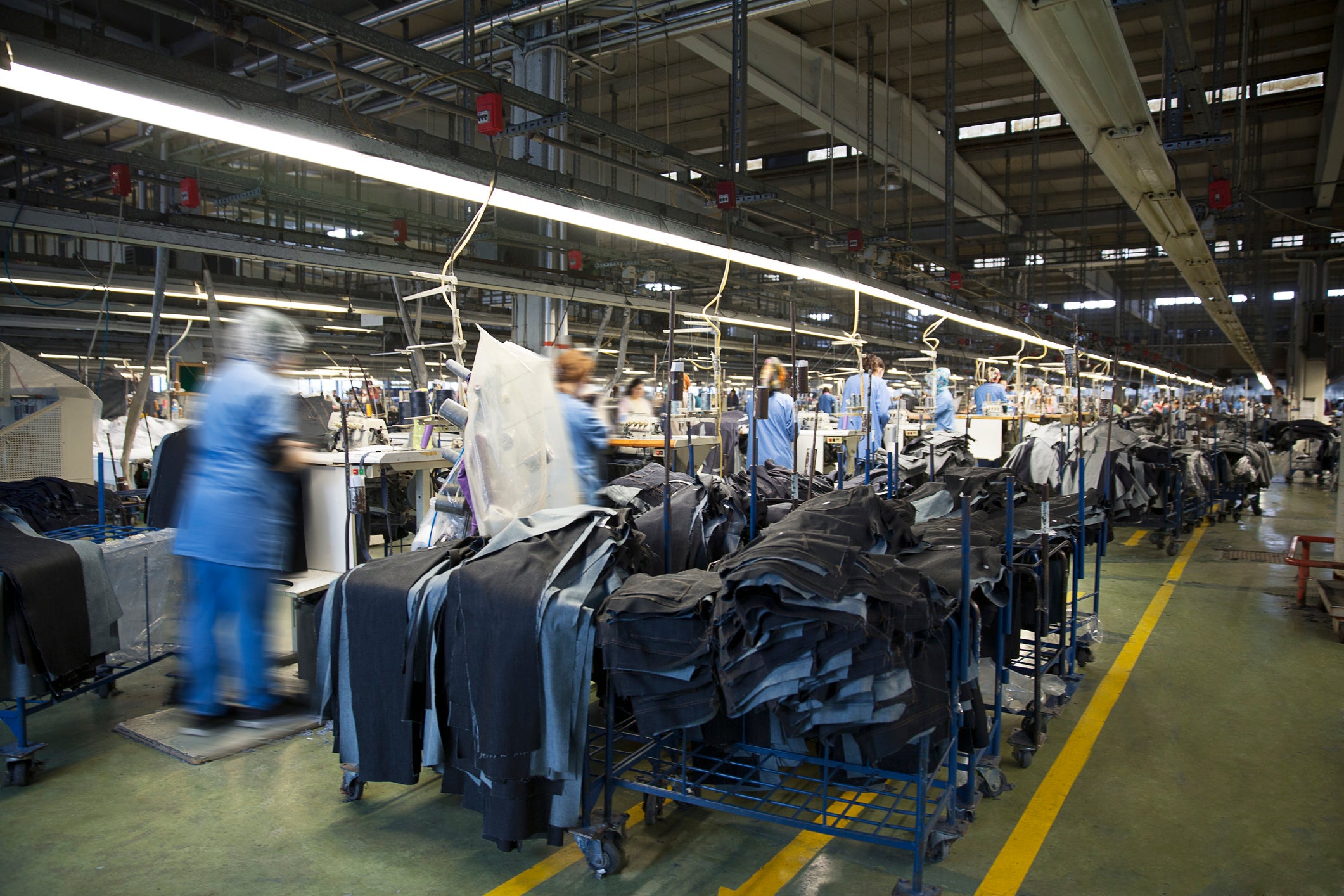
Protokol said that compiling its own business insights and a variety of data points, showed a 60% increase in inbound enquiries around DPPs for its own business, as well as a 413% increase in news articles mentioning DPPs in 2023 vs 2022.
The company believes this corresponds with the projection that the circular economy market which was roughly worth $399bn in 2022, is forecast to more than double by the next three years or 2026.
In fact, Protokol pointed out that wider data and industry news highlight a “particularly strong” move from the textiles sector, despite the DPPs deadline being seven years away.
Major fashion apparel players such as Pangaia which announced a collaborative Digital Passport-enabled resale initiative, Nobody’s Child which launched DPPs through the introduction of unique QR codes and Alpine Group which partnered on supply chain transparency with DPP are already incorporating DPP in their value chains.
This comes at a time when traceability is leading the way in apparel company filings, as suggested by data shared by GlobalData. Traceability was the most-used keyword in the apparel industry over the last five years (from September 2019 to 2023).
GlobalData apparel analyst Pippa Stephens told Just Style at that time, she expects that more retailers and brands will start significant investments in this space to give shoppers greater confidence in their products and become more competitive.
How well do you really know your competitors?
Access the most comprehensive Company Profiles on the market, powered by GlobalData. Save hours of research. Gain competitive edge.

Thank you!
Your download email will arrive shortly
Not ready to buy yet? Download a free sample
We are confident about the unique quality of our Company Profiles. However, we want you to make the most beneficial decision for your business, so we offer a free sample that you can download by submitting the below form
By GlobalDataLars Rensing, CEO of Protokol, remarked that it is no surprise organisations of all sizes are starting to prepare now.
Rensing continued: “The time to act on upcoming regulations is now. Businesses which are already assigning research, taking the time to understand the regulation and researching products and providers will be the best placed to ensure a smooth transition. Beyond regulatory concerns, DPPs also make business sense. Consumer awareness of the impact that the fashion industry has on the climate crisis is at an all-time high, and the textiles industry is notoriously one of the most wasteful industries in the world.”
He is of the view that DPPs offer textiles businesses an opportunity to turn over a leaf, by creating a transparent and trustworthy way in which they could demonstrate their sustainable credentials to an increasingly conscious customer base.
Digital Product Passport or DPP is a tool for collecting and sharing product data to illustrate a product’s sustainability, environmental and recyclability attributes.
Alongside this, Protokol noted that the Ecodesign for Sustainable Products Regulation (ESPR), announced in March last year, will introduce DPPs for all of its mandated products over the coming years.
According to Protokol, businesses looking to stay ahead of the trend have caused an uptick in requests from potential customers seeking information about what the ESPR regulation means for them and how best to implement DPPs in their business
However, the company added that one of the sectors feeling the pressure most intensely is the textiles industry for which Digital Product Passports will be mandatory by 2030.





